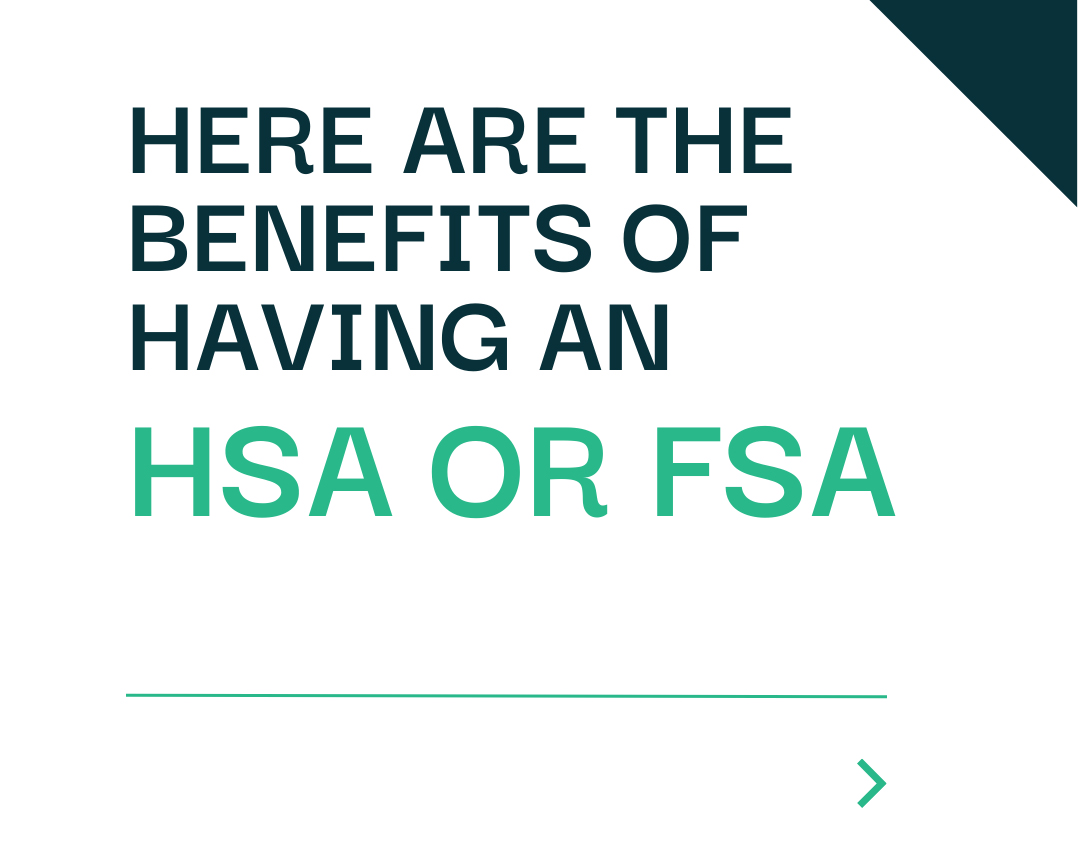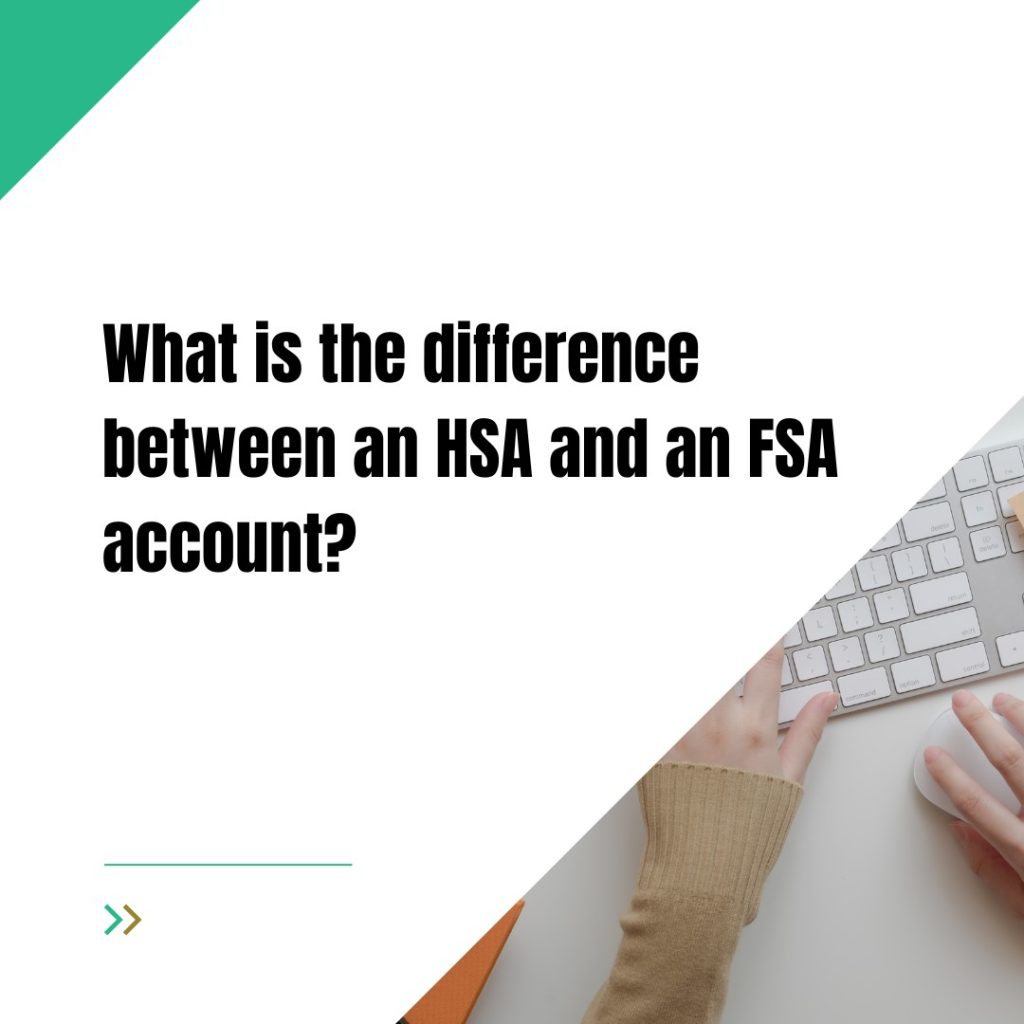
28 Dec Benefits of having an HSA/FSA
Medical expenses are not always easy to predict. We never know how much we are going to spend on health-related services in the future, and whether those bills will be covered by our current health insurance plan or not.
For many people, it’s common practice to regularly add money to a generic emergency fund and use it for any type of unforeseen expenses. However, there is a much more effective way to save money for medical expenses such as doctor visits, prescriptions, vision expenses, and dental expenses.
It refers to a practice allowed by the IRS to save pre-tax dollars in accounts created specifically for this purpose. There are two popular accounts with these characteristics:
- FSA (flexible spending account)
- HSA (health saving account)
First, we will explore the benefits of both accounts. Then, we will focus on the differences.
What is the primary benefit of an FSA or HSA account?
When you use your regular emergency fund or available balance to pay for medical bills, you are using after-tax dollars, that is, what remains after paying taxes on your income.
However, on an FSA or HSA account, you can transfer money directly from your paycheck before your salary is taxed. This means that, for every dollar that you earn, the amount that you save is higher than what you would save by simply adding money to an emergency fund.
How do I use the money saved in my FSA or HSA account?
To make the payment of medical bills as easy as possible, an FSA or HSA account usually comes with a debit card or checkbook, which you can use when you go to the doctor or dentist.
Alternatively, you can keep the medical bill receipt and then ask for reimbursement from your HSA or FSA.
Keep in mind that saving your receipts is always a good idea, as you could be asked to provide proof that the money was actually spent on eligible medical expenses.

What is the difference between an HSA and an FSA account?
While both accounts allow you to add pre-tax dollars and can be used to cover qualified medical expenses, they are not identical.
The main difference between an HSA and an FSA account has to do with eligibility. Those who are enrolled in a high-deductible health plan are eligible for an HSA account, whereas those who are enrolled in PPO are eligible for an FSA.
An HSA also gives you more control over the contributions that you make throughout the years, while contributions to your FSA account are set when you enroll.
Then there’s the scenario in which your employer makes contributions to your account. After leaving your job, you can continue to use the money deposited on your HSA but not on the deposits made on your FSA.
An HSA is preferable if you want to leave the unused money on the account as long-term savings, as it allows you to roll it over from year to year. In contrast, an FSA allows you only to roll over a small share of your unused money.
Overall, we can conclude that an HSA is a more flexible account, although you are only eligible if your healthcare insurance plan has a higher deductible than a traditional insurance plan. Plus, your HSA account has to be reported when you do your taxes.
What is an HRA?
You also have another alternative to an HSA and FSA plan. It’s known as Health Reimbursement Arrangement (HRA), and it refers to a plan that your employer can use to reimburse approved medical expenses.
This option is fiscally advantageous for both employers and employees. The former can claim a tax deduction on said reimbursement, while the money received by the latter is tax-free.
Unlike an HSA or FSA, an HRA is not an account. The employee must first pay for the medical bills and then ask for a reimbursement. Moreover, only your employer can finance this plan, and you cannot add your own money.
Keep in mind that, in some cases, an HRA can also be used by employees to pay health insurance premiums.
Are you considering opening an HSA/FSA account or opening an HRA account? Are you concerned it’s not the best option for your needs? Let us know your doubts and questions so that we can assist you in making the best decision, given your current employment and financial situation.

